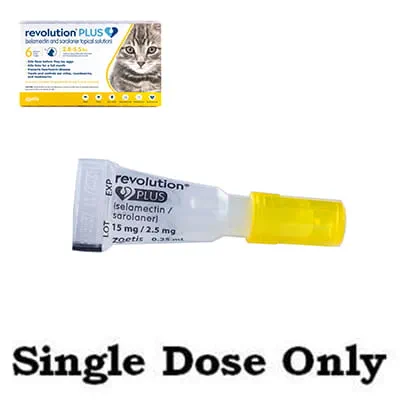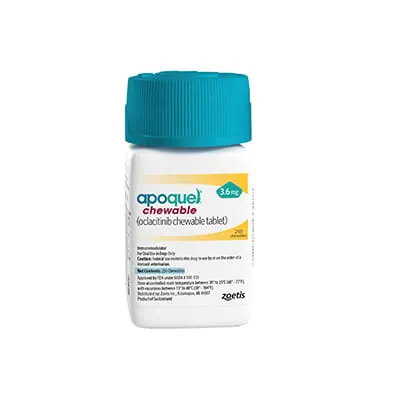World-Class Pet Care Resources





$21.06 - $258.06

$84.96 - $238.40




Some tasty ways to improve pet dental care!
































*Covered services vary by plan. Unlimited exams exclude specialty and telemedicine exams. Plan includes one Specialty Care consult.
CareClub® Memberships are preventive pet health care plans and not pet insurance. CareClub Membership covers only the selected health care services and products which are specifically identified in the applicable CareClub Membership agreement. Covered services vary by plan. Unlimited exams exclude specialty and telemedicine exams, subject to promotional offers.
**Live Chat with a licensed veterinary professional is free for VCA clients through the myVCA mobile app, available at Apple’s App Store and Google Play.